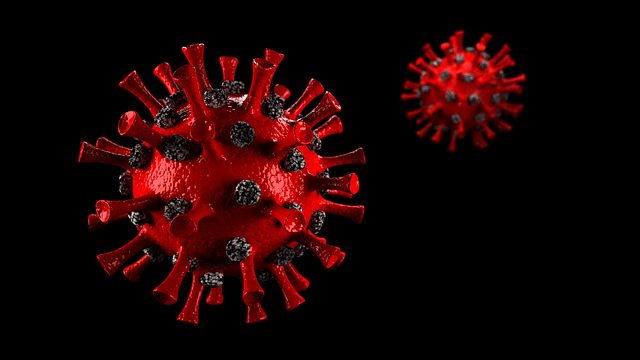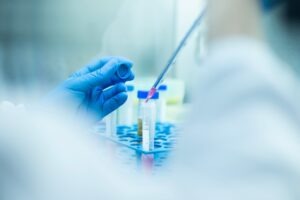ZYUS Life Sciences has collaborated with University of Saskatchewan’s Vaccine and Infectious Disease Organisation-International Vaccine Centre (VIDO-InterVac) for the development of a plant-based vaccine for Covid-19 disease.

ZYUS and VIDO-InterVac have collaborated to develop plant-based vaccine for Covid-19 disease. (Credit: Jürgen Jester from Pixabay)
Subscribe to our email newsletter
The partnership will focus on the testing of a plant produced antigens in a vaccine for Covid-19, the disease resulted due to the SARS-CoV-2 novel coronavirus
VIDO-InterVac director Dr Volker Gerdts said: “Through this partnership, we are exploring alternative methods of antigen production with a goal to potentially expand global vaccine production capacity for Covid-19.”
ZYUS will leverage its bio-pharmaceutical plant technology platform, as well as its expertise for the development and expression of a protein, which VIDO-InterVac has detected as a potential antigen for a Covid-19 vaccine.
ZYUS will isolate the protein in its plant expression system and offer insights into whether plants can generate antigens, which are suitable for use in a Covid-19 vaccine.
The company aims to extract enough specific protein through its plant expressions system for VIDO-InterVac by mid-summer this year to evaluate its effectiveness in animal models of Covid-19 disease.
VIDO-InterVac claimed that the current approach is one of several programmes to expand vaccine development against the novel coronavirus.
ZYUS Life Sciences CEO Brent Zettl said: “Developing vaccines in plant cells has multiple potential benefits, including the ability to quickly produce a vaccine at scale, having no animal pathogen contaminants, and lower bioreactor processing costs.
“This is an important initiative for us as an organization, and as citizens looking to make a difference, ZYUS is committing research and development expertise, resources and energy to help find a vaccine now and to develop systems to help respond in the future.”
Recently, Eli Lilly has collaborated with Junshi Biosciences for the development of therapeutic antibodies to treat and prevent Covid-19 disease.
Junshi’s JS016 is a recombinant fully human monoclonal neutralising antibody, which is specific to the SARS-CoV-2 surface spike protein receptor-binding domain.
 Advertise With UsAdvertise on our extensive network of industry websites and newsletters.
Advertise With UsAdvertise on our extensive network of industry websites and newsletters.
 Get the PBR newsletterSign up to our free email to get all the latest PBR
news.
Get the PBR newsletterSign up to our free email to get all the latest PBR
news.

